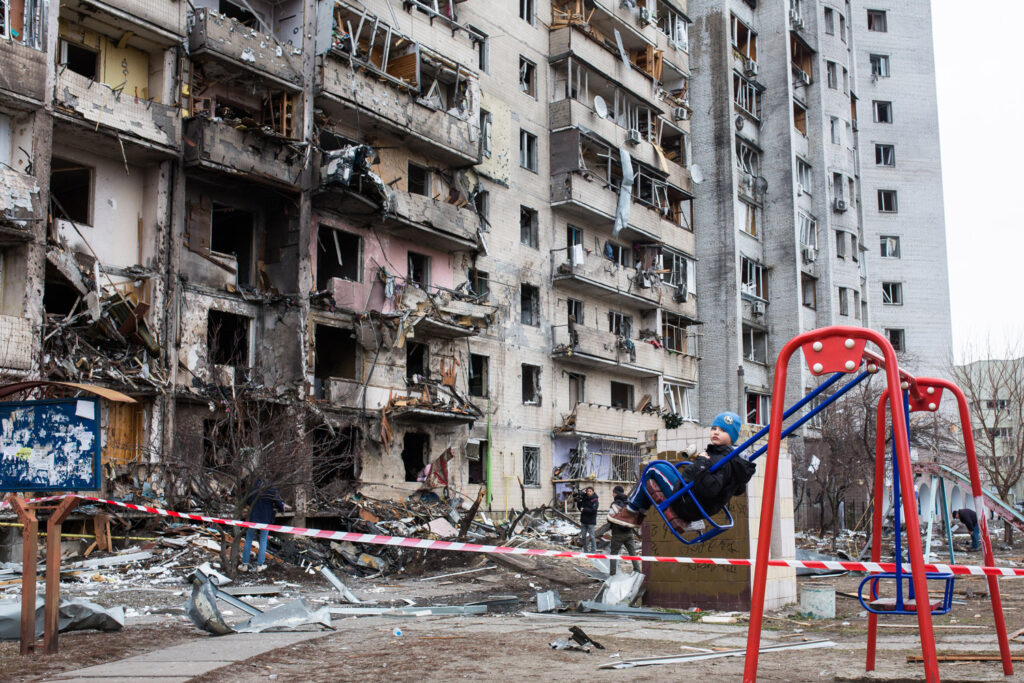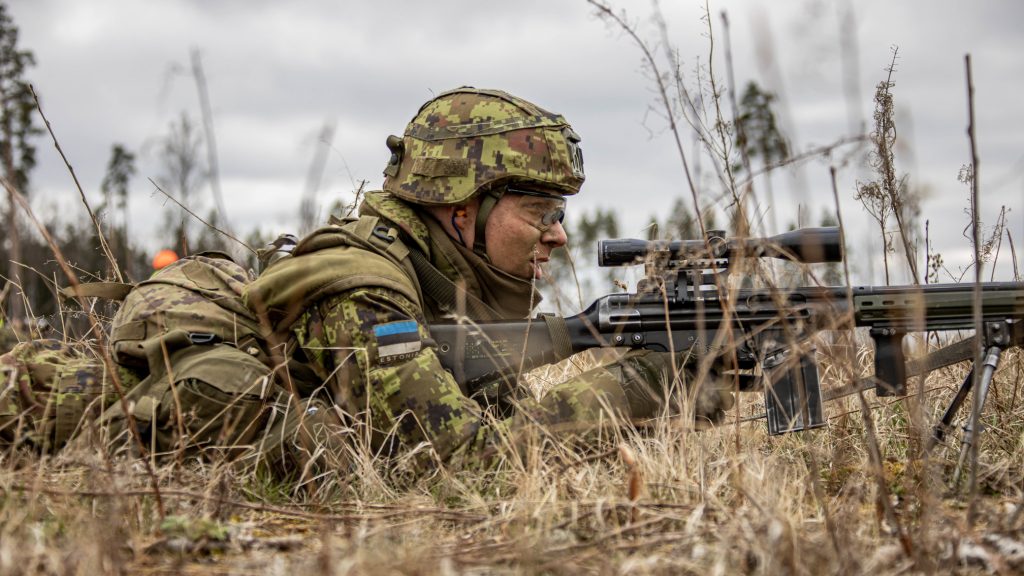A report by the Center for European Policy Analysis, a public policy institution, says the countries of the Baltic Sea region are belatedly building a coherent security architecture, prompted by Russia’s war in Ukraine, but revanchist Russia poses serious challenges and time is running out.
According to the report, a consensus is emerging on the gravity and breadth of the threat posed by Russia, but agreement on how to counter it is more fractured.
“Russia’s military threat to the Baltic states casts a much wider shadow. Allies near and far must help with better plans and more weapons to deter, anticipate, prevent and, if necessary, repel an attack,” the report says, adding that getting non-military resilience right makes war less likely.
“Annual public assessments of the threat and level of resilience will raise public and policymaker awareness, set benchmarks, and encourage the sharing of expertise.
“Building security in the region means overcoming deep historical, economic and cultural divisions. It can be done, but at considerable political and economic cost”.
Russia could threaten the Baltics in five years’ time
A successful regional, multinational and allied approach to integrated security would provide a template for other NATO regions, the report adds.
“Time is short, indeed alarmingly short. In less than five years, Russia could rearm to the point of threatening at least the Baltic states. The question is whether the rest of the region, within and, if necessary, alongside NATO, can act quickly enough to bolster its resilience, defence and deterrence. The new regional defence plan agreed at the NATO summit in Vilnius outlines specific requirements, much of it classified, but difficult questions remain,” the report says.

“To effectively deter adversaries in an increasingly urban warfare environment, strengthening the defence architecture across all elements of national power, touching the full spectrum of capabilities and capacities, is key. This also requires making recommendations that are very much like an ‘if/then’ equation, such as pre-determined choices in the Alliance’s collective defence architecture. For example, if ‘A’ happens, then the Supreme Allied Commander Europe can do ‘B’; if we see ‘A’ in our indications and warning programme, then ‘C’ happens in the EU and in other elements of national power in member states. This kind of approach allows the Alliance to operate and deter at the speed of deterrence and defence.
The report also points to another lesson from Russia’s invasion of Ukraine, which concerns uncertainty.
Russian overconfidence could prove fatal
“By all accounts, Russia expected a quick victory in Ukraine, highlighting the wishful thinking and biased data collection of its leaders. In the Baltic context, Russian overconfidence could also play a fatal role. It is therefore important to design support for Baltic national defence in such a way as to maximise Russian doubts about success, for example through a calculated balance of defensive and offensive capabilities that the Alliance exercises and communicates to Russia in clear terms”.
The more NATO Allies plan and pre-position equipment in or near the Baltic states, the more likely a successful defence will be. Stocks of certain equipment and weapons, such as advanced anti-tank weapons and mines, can be dispersed to avoid early destruction by the aggressor, the report says.

The report was published by the Center for European Policy Analysis (CEPA), a Washington, DC-based nonprofit, nonpartisan public policy institution focused on strengthening the transatlantic alliance through cutting-edge research, analysis and programmes.
The experts who authored the report were Edward Lucas, a former senior editor at The Economist; Jan Kallberg, an expert on international security; Charlotta Collén, an expert on science policy, international affairs, diplomacy, and security and defence; and Catherine Sendak, Director for Transatlantic Defence and Security at the Center for European Policy Analysis.
The full report is available on the CEPA website.

